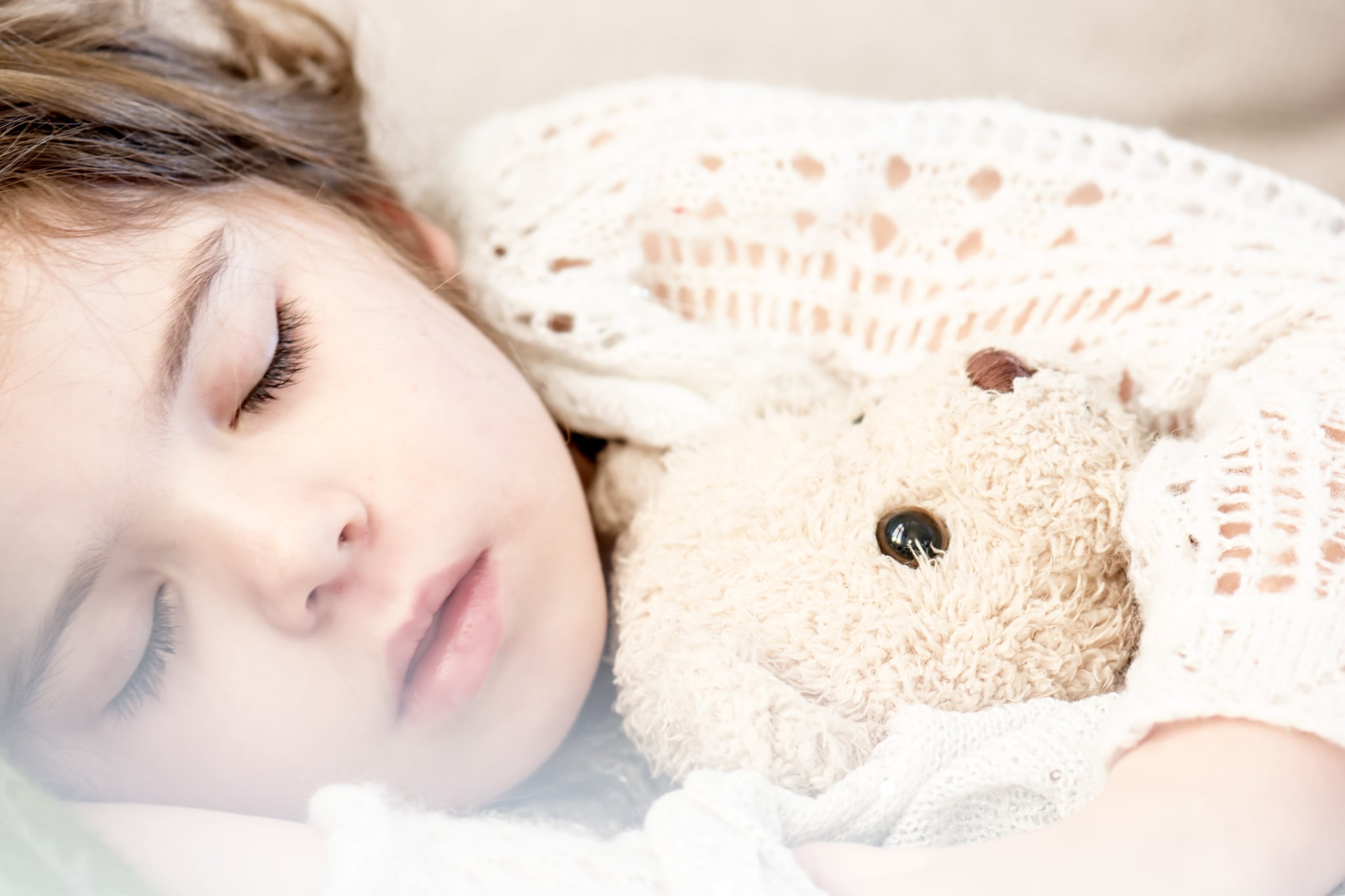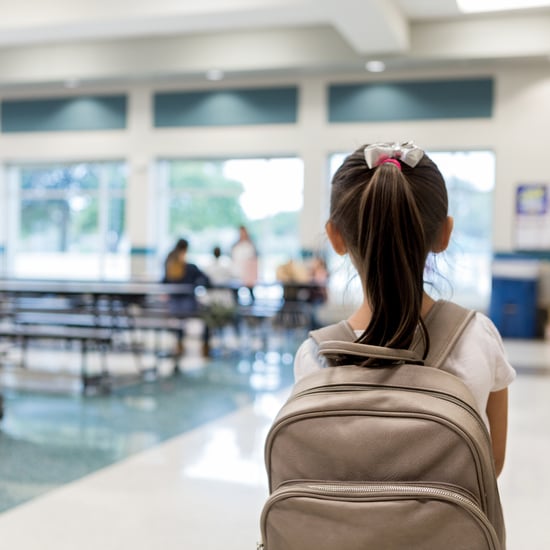Rules For Having a Sick Kid
7 Rules For Having a Sick Kid That Every Single Parent Should Follow

Kids get sick. It's an inevitable, albeit far from fun, part of parenting that we'll all experience many times over. But the rules for having a sick kid — should they go to school, can they attend a birthday party, etc. — aren't exactly black and white. We've all been to a playdate with a child who looked like they would be better off lying on the couch with some fluids and a box of Kleenex by their side — and maybe that kid has even been our own.
While no one wants their children to be exposed to illness, we also know it's impossible to keep a kid quarantined every time they come down with a mild cough or a case of the sniffles. However, there are some pretty clear guidelines about when a sick child should be kept at home — and what they need to be taught in order to be out in the world, interacting with others. Here are seven rules every parent should follow when your kid is a little, or a lot, sick.
- Call your doctor. If you're not sure what's going on with your child or if they're well enough to go to school, schedule a visit to your doctor. It might sound obvious, but it's best to rely on an expert opinion, especially if you're like most moms and eager to get your kids back to school and in their normal routine.
- Stress the importance of hand washing. Keeping your kids' hands clean will not only help them prevent future illnesses, but it will ensure that they're less likely to pass on lingering germs to others. Teach kids to wash their hands after they use the bathroom, sneeze, cough, blow their nose, and before they eat.
- Know your fever numbers. Most doctors will tell you that children should stay home from school if they have had a fever of 101 degrees within the last 24 hours. Wait for your child to be fever-free for 24 hours — without the use of fever-reducing medications — before returning to school. While fevers aren't contagious, a child with a fever is better off resting at home.
- Keep kids with the flu home. People can spread flu virus to people up to six feet away from them by coughing, sneezing, or even talking, so definitely keep your kids at home. According to the centres for Disease Control, flu patients are contagious from one day before symptoms start to seven days after getting sick, so plan on an extended recovery.
- Judge how bad your child's cough is. A minor cough doesn't require a day at home, but if your child has coughing fits or is hacking, it's best to keep them home as they can infect their classmates. Be sure to teach your child to cough into their elbow or a tissue to prevent the spread of the illness.
- Get your child's sore throat tested. If your kid is complaining of a sore throat, get them tested for strep. Sore throats are not highly contagious, but strep, which is usually accompanied by headaches, stomachaches, and fever, is. Children with strep are contagious until they've been on antibiotics for 24 hours. If it's ruled they just have a sore throat, usually an indication of some kind of virus, use your judgment on whether your child is up for a day at school.
- Be open and honest with other parents. If your child has a playdate or party on their schedules that you think they're well enough to attend, it's still your responsibility to inform parents of children who'll come in contact with your kid about your kid's illness, giving them a chance to cancel or reschedule. Just as you'd prefer to make that decision for your own child, let them do it for theirs.






